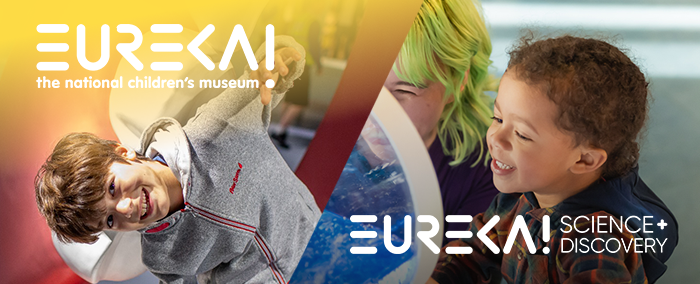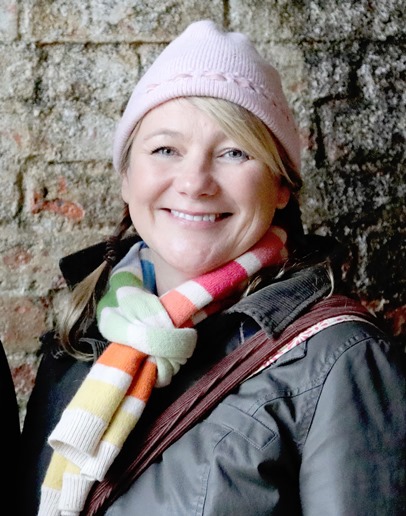
Dr Debra Kidd
Family days out are great for bonding and building memories, but they may be far more important to your child’s development than you think. As we grow, the memories we lay down set habits and pathways for the rest of our lives – family days are no different.
The youngest children are constantly storing memory – there are two main types of memory – implicit (stuff we remember without really ever thinking about it) and explicit (the stuff we try to remember – what we might think of as more formal ‘learning’). Both memory systems are highly multi sensory, but implicit memory powerfully so. When young children enter an environment in which the sights, sounds, smells mingle with the ability to touch and to talk, magic happens. They lay down strong memories and if those memories are associated with pleasure, they become even more powerful. If you want young children in the best conditions to learn, engage all their senses and their emotions too.
As you explore places like Eureka! with your child, you’ll see that this is exactly what has been designed – a multi-sensory, interactive experience that will powerfully impact on your child’s memory. But the way you speak with and play with your child during your visit, can help them to develop many of the skills they’ll need as future learners, scientists, artists and scholars. One of the biggest barriers to learning for children is vocabulary. Use your family days out to heighten your child’s vocabulary – name things you see and touch – colours, shapes and the names of objects are a great start. But also use synonyms to expand and develop their language even further:-
“Ooh, yes it is big, it’s huge, enormous!”
Don’t be afraid to use technical language with your child too – if they can handle tyrannosaurus rex, they can handle pretty much anything as far as words go. Just explain and repeat them, while working with something appropriately linked so that the memory of the word becomes part of doing as well as thinking. The area of cognitive science is discovering that our bodies and minds are very powerfully connected – children will gesture their conceptual understanding before they can say it, and adults who use gesture to communicate with children are better understood. While you’re with your child, use your hands to explain the concepts you encounter – pushing and pulling for forces for example.
One of the most powerful tools you have as a parent is questioning – use your questions to push your child’s thinking on.
“Hmm, what if?”
“I wonder why?”
“What will happen to this if we do that?”
“How did that happen? Let’s do it again and watch really carefully…what did you see?”
All those kinds of inquiry led questions allow your child to look at and notice things more carefully. They help to build vocabulary and inquiry and they build a lovely bond between you both.
There is no doubt that the children who have access to cultural capital through visits to places that expand their knowledge and engage their senses, do better in school. Of course these don’t always have to cost – forests, beaches, parks are rich sources of learning too – but at Eureka!, everything has been designed to make the most of that cultural capital. So switch off your phones, look around you and play, prod, poke and talk. In their implicit memories, it will never be forgotten.
This blog originally appeared as a column in the Halifax Courier.

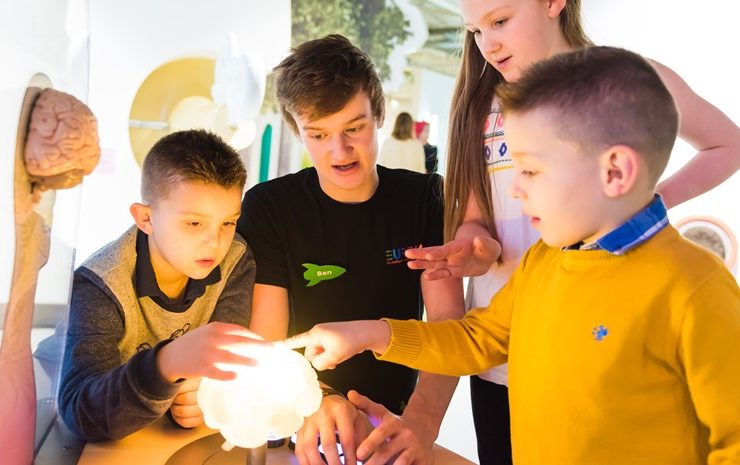
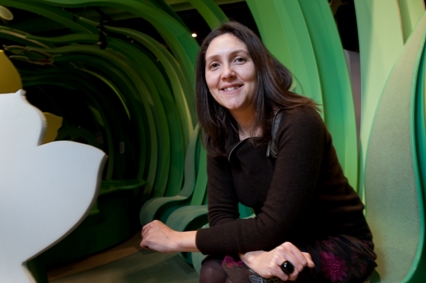
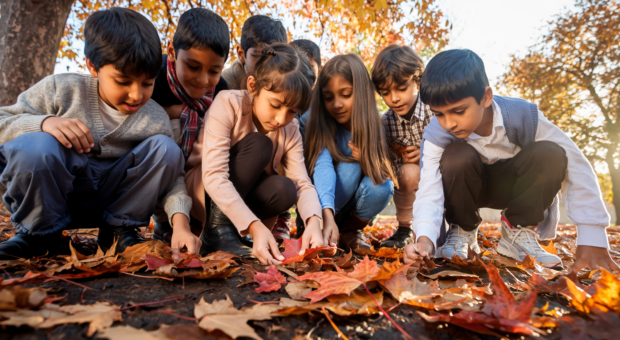
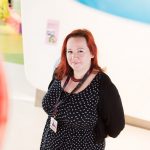 By: Sophie Ballinger
By: Sophie Ballinger
